Affiliate links on Android Authority may earn us a commission. Learn more.
6 common battery myths you probably believe
Published onAugust 31, 2024
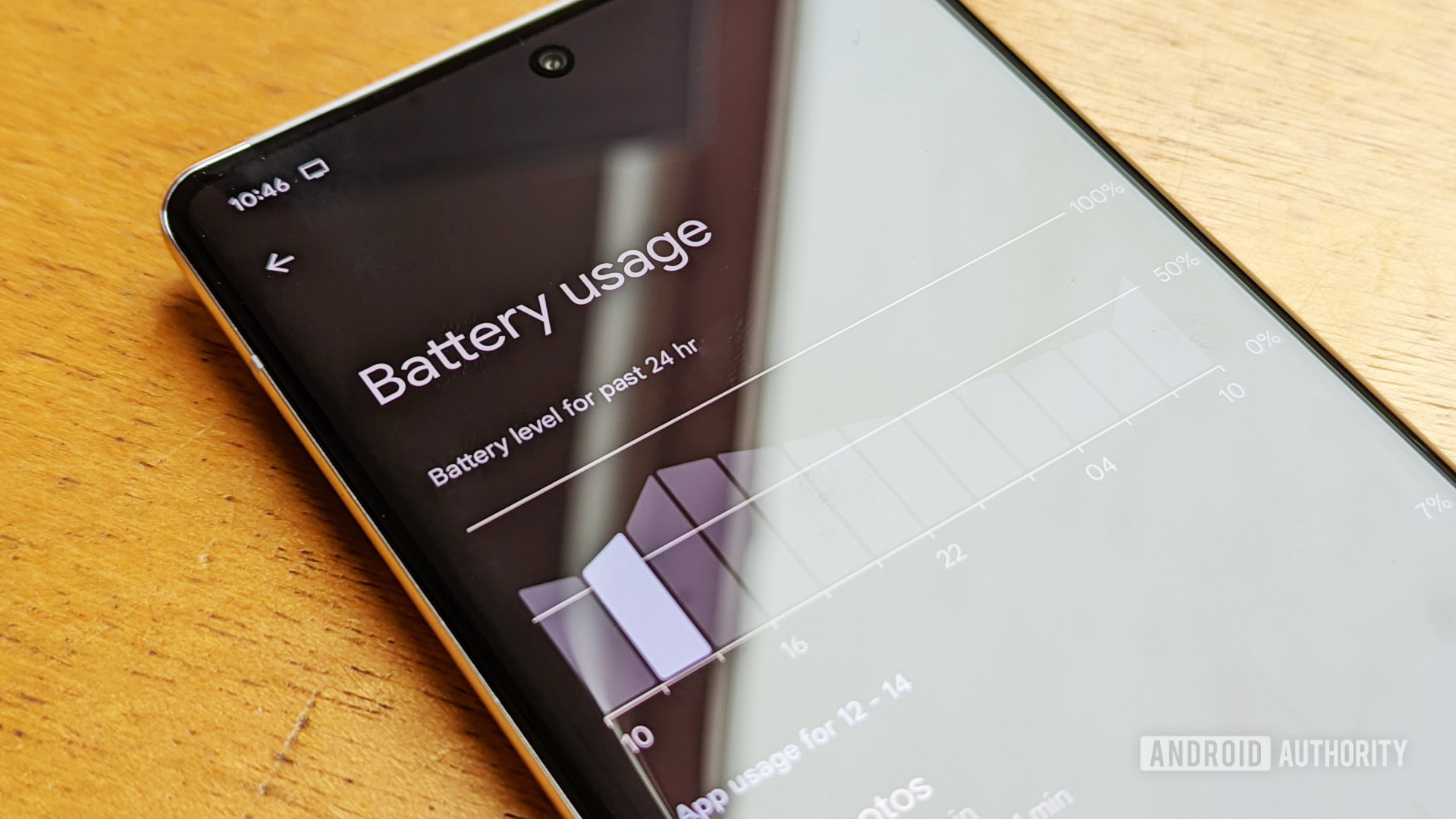
We here at Android Authority are often asking you, dear reader, for feedback on the smartphones running our favorite operating system. One of the most consistent bugbears over the years has been to do with battery life — whether it’s finicky fast charging or just phones just downright not lasting long enough.
Virtually everyone has experienced gadget battery problems at some point in their life, so it’s no surprise people continuously hunt for smartphones with the best battery life. And if that fails, they dole out all sorts of little tips and tricks to make their batteries healthier and longer-lasting. However, knowing the scientifically-backed tips from the plethora of absolute malarkey is increasingly difficult. In fact, you probably believe one of the many prevailing battery myths (I know I did!). So now it’s time to go on a battery myth-busting spree.
1. Does leaving a phone on the charger all night overcharge its battery?
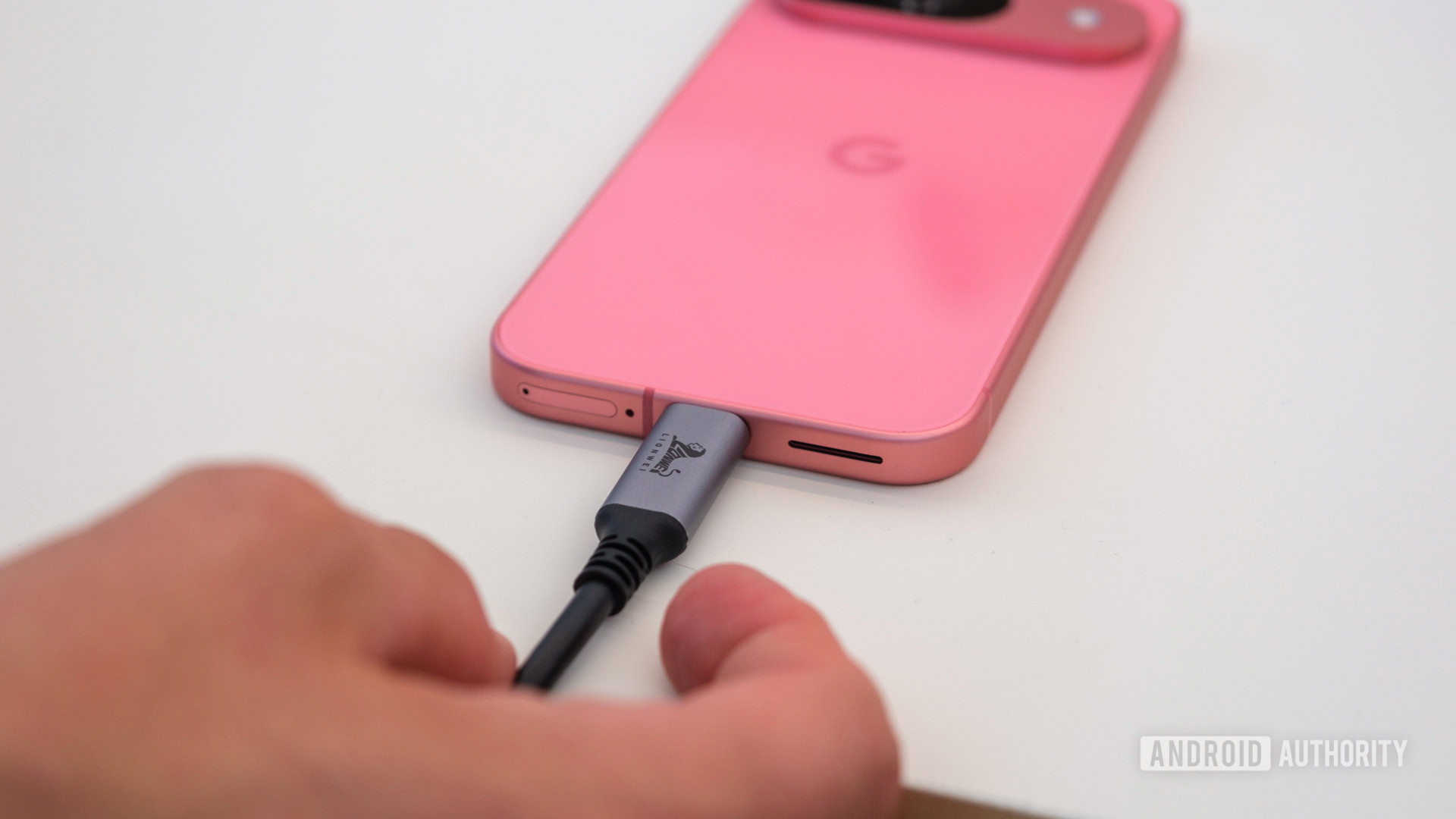
This is one of the most common rumors we come across but it’s just plain wrong. Or at least the overcharging part is. It’s complicated, as leaving your smartphone plugged in overnight certainly isn’t dangerous but it might make your battery age marginally faster.
“Overcharging” is the term that gets thrown around a lot with this one. The misnomer is if you leave your phone on the charger for a while after it hits 100%, it will keep pumping in the current and that will reduce the capacity of the battery, or even cause it to catch fire.
Modern smartphones have built-in protections that prevent overcharging.
This myth has some legitimate origins, so it’s no surprise it’s stuck around. In the days of yore, lithium-ion batteries could overheat if you left them charging for too long. This did, in fact, cause damage to the battery and reduce performance. Hell, it even led some to explode.
Modern devices and wall chargers are way smarter with managing power and will gradually reduce the amount of current as the phone fills up. However, there is some truth to the reduced capacity issue, as both extreme heat and high charging power levels do cause lithium-ion batteries to age faster. Charging all the way to 100% quickly is slightly worse for your battery than stopping before then. It might surprise you to note that manufacturers will often lie about when your smartphone really hits 100% just to eke out a little more battery longevity.
If you have a poorly designed case that doesn’t allow for heat dissipation, or you tuck your phone under your pillow at night, the heat build-up is definitely bad for the battery. The same applies if you leave your phone charging on a hot dashboard too.
2. Should you completely discharge a battery before charging it?
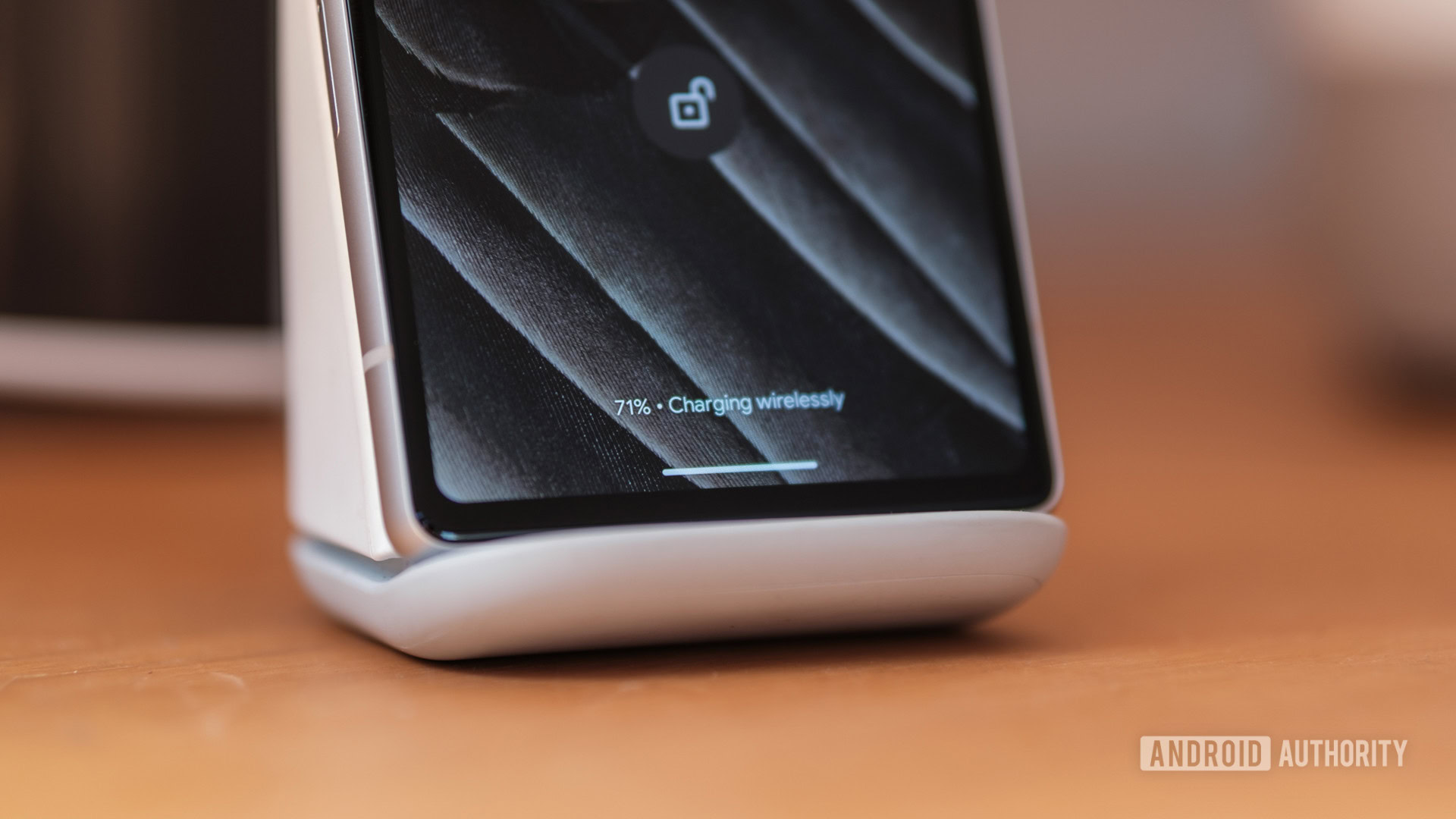
OK so, anyone thinking they need to discharge their batteries before charging them up is thinking about a different kind of battery entirely. Nickel-cadmium or nickel-metal hydride batteries are what these folks are talking about, but smartphones use lithium-ion and lithium-polymer batteries.
Once again, the myth’s origin has a firm basis. It’s absolutely true that older nickel-centric batteries would ‘forget’ their full capacity if you didn’t fully drain them before charging again. But lithium-ion is a different ballgame. It doesn’t forget and can retain a working charge across the entire battery. In fact, discharging your battery to 0% lowers its voltage and places some additional strain on the battery when recharging.
You shouldn't let your phone's battery drop below 20%.
It’s true that lithium-ion batteries diminish in capacity with every charge cycle, but this effect is quite small. While not quite draining and filling up your smartphone battery can have marginal benefits, it’s unlikely to have a notable effect on your smartphone’s battery capacity unless you keep the phone for many years. Most smartphone batteries retain 80% or more of their original charge capacity even after several years of heavy use. And even then, it’s easy to replace smartphone batteries if you want to restore its full capacity.
3. Do you have to use the official brand charger for your phone?

Oh boy, this one. This has its roots in what is essentially marketing. Whenever you buy your shiny new phone from a given manufacturer, the odds are pretty good that the manual or spec sheet will suggest you buy chargers from the company that made your device. They want you to buy their accessories, after all.
There are still plenty of smartphones that use proprietary charging standards and therefore won’t fast-charge with third-party plugs. However, plenty of phones now support universal charging standards like USB Power Delivery PPS. Handsets include the ever-popular Apple iPhone 15, Google Pixel 9 series, and Samsung Galaxy S24 series. That’s right, you don’t have to buy the official chargers for these smartphones in order to power them up as quickly as possible.
You’ll have to pay attention to the charging standard and power you require, but with those bits of information at hand, there’s a wide market of affordable third-party chargers that are great buys for your new smartphone. If you want to steer clear of the few bad eggs, be sure to pick out a charger from our carefully curated list below:
4. Can you use your phone while it’s charging?
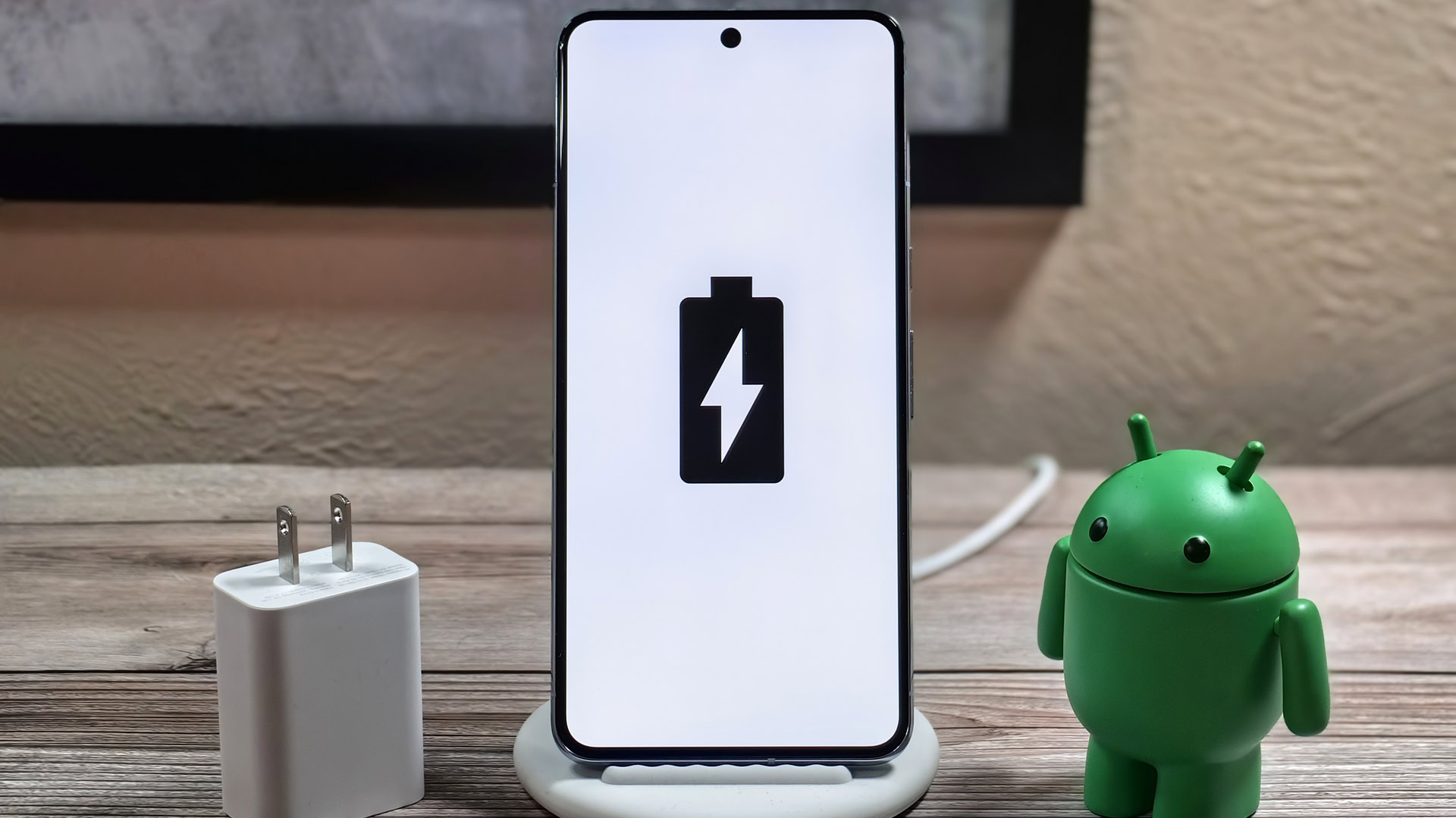
Here’s a myth that’s less of an outright lie. While there’s nothing dangerous or wrong per se with using your phone while charging, extreme temperatures are not good for your battery. Browsing Facebook or checking email isn’t going to raise your phone temperature enough for this to be an issue, but fast charging and gaming at once, particularly for a longer period of time, might make your phone’s battery warmer than is ideal. It’s also why wireless charging negatively impacts battery health.
To combat this issue, a small selection of phones, such as Sony’s Heat Suppression Power Control, offer a power pass-through option that draws power directly from the mains and doesn’t charge the battery while you’re gaming. It’s a smart option if you’re planning a prolonged gaming session as your phone is more likely to warm up.
You can use your phone while it charges, but keep heat under check.
All that said, you’re more likely to expose your phone to very high temperatures by leaving it on a car dashboard or under your pillow. We also don’t recommend using your phone a lot once the battery is full. “Mini cycles” are a real thing that can cause parts of the battery to age faster than others if they’re constantly cycled, such as drawing power and charging a battery when full. Although this ageing occurs over a very long period of use. Overall, there’s absolutely no danger in playing around on your phone for a bit while it’s charging.
5. Does killing apps or using an app killer on Android save battery?
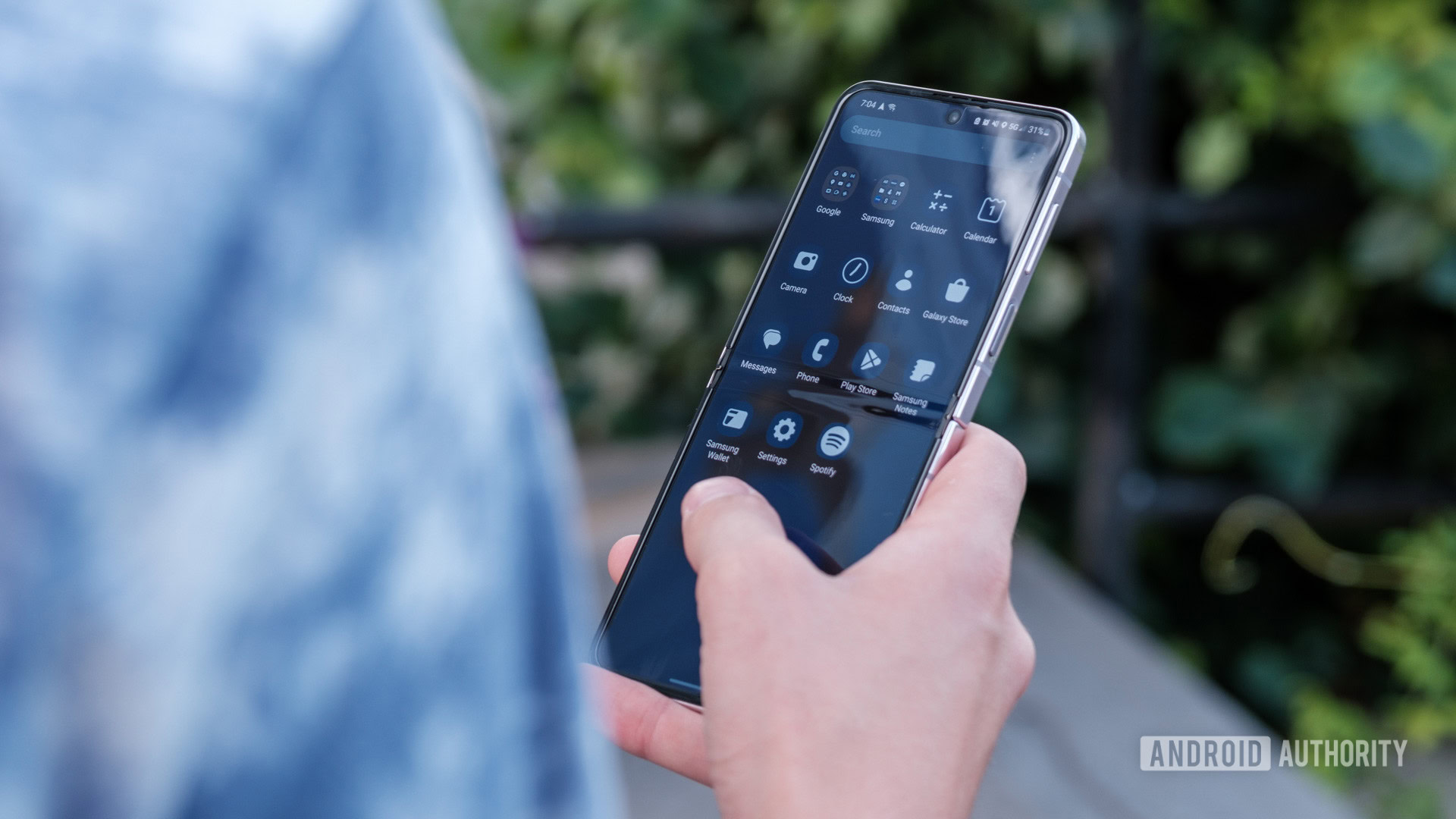
The simple answer is no here. You cannot improve battery life with a task killer. There was a stretch of a few months back in about 2009 when app killers actually made Android run smoother. Although back then, phones had pretty sluggish processors and tiny amounts of RAM. Today, your phone can easily handle multiple apps and even games open at once, and those tasks that do run in the background consume very little power.
That being said, you may find a malicious or poorly programmed app constantly running in the background. In which case, your best bet is probably to adjust its background permissions or uninstall it, rather than relying on an outdated “app killer” to reign in the power draw.
If you’re just haphazardly force stopping background apps or swiping them out of the Recent Apps menu, you’re often draining more battery than you’re saving. For one thing, a lot of apps spring right back to life after you kill them, meaning you just spent more resources than if you just left it alone. For another, the biggest battery sucker across the board is your display. If you’re spending screen time, not to mention seconds of your finite human life, needlessly assassinating apps, then you’re playing a game of whack-a-mole that’s only wasting your time and your smartphone’s battery.
6. Does disabling Bluetooth and Location drastically improve battery life?
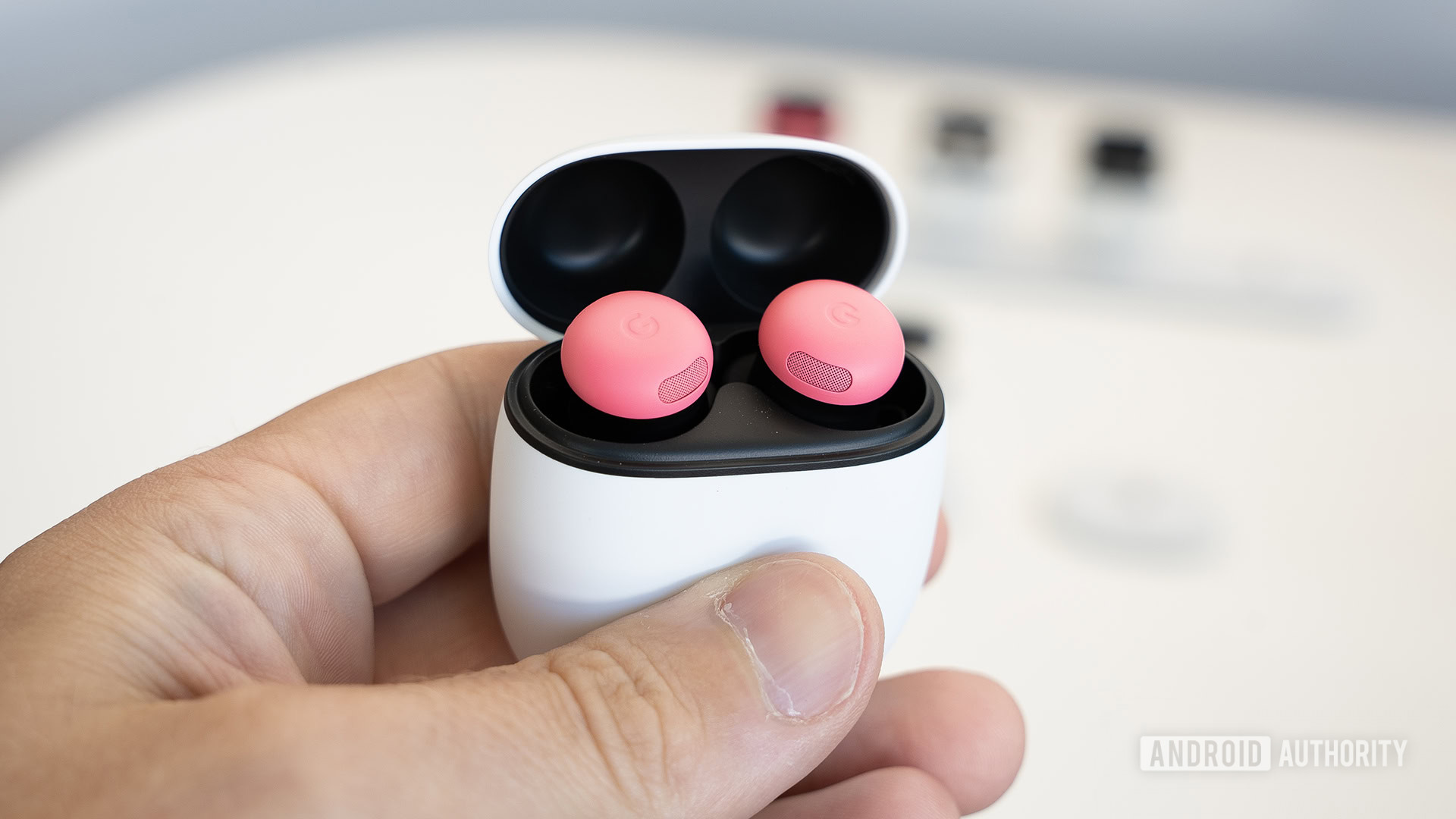
This is another one of those rumors that have stuck around because it actually used to be good advice. Wi-Fi and Bluetooth used to latch onto your smartphone’s battery life like a vampire bat, but they’re nowhere near so bloodthirsty today. Location services are even leaner.
Don’t believe me, we even tested screen-on time with Bluetooth enabled and disabled. The result — on average less than 4% extra battery drain by leaving Bluetooth on. That works out to maybe a few minutes of screen-on time, hardly worth fretting about if you forget to turn the toggle off.
So while it’s true that disabling all these options or going into airplane mode will save some battery life, we’re talking a very tiny sliver — like half an hour over the span of an entire day — so the gains are arguably not worth the trouble. Furthermore, chipsets and technologies are more efficient every year, drawing less and less power when idle. So leave the services that you use on regular running all you want. Your phone is designed to handle it.
Other myths?
These are our six favorite battery myths, and they’re the ones we see passed around in comments and forums all the time — even by otherwise very tech-savvy people. However, this list is by no means comprehensive. Importantly, we’ve collated some better tips for making your phone last longer. What’s some bad bit of advice you’re constantly seeing crop up regarding smartphones or battery life? Let us know your favorite myths in the comments!